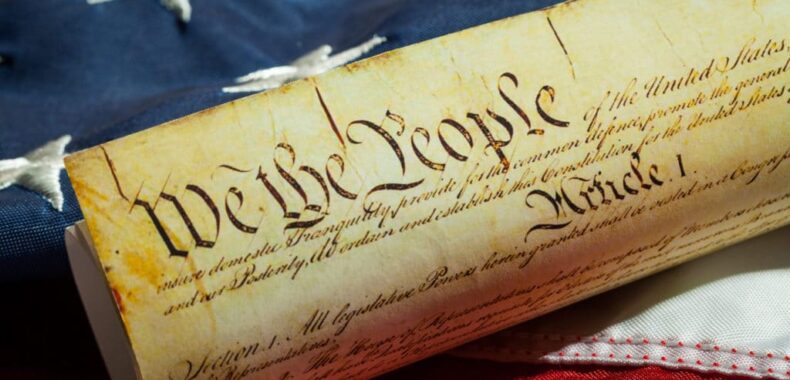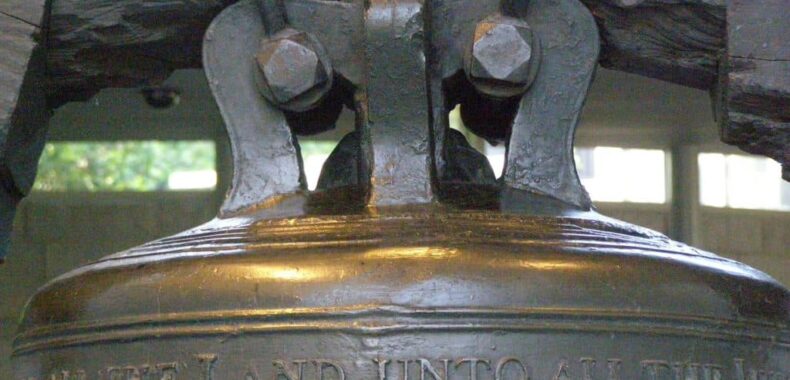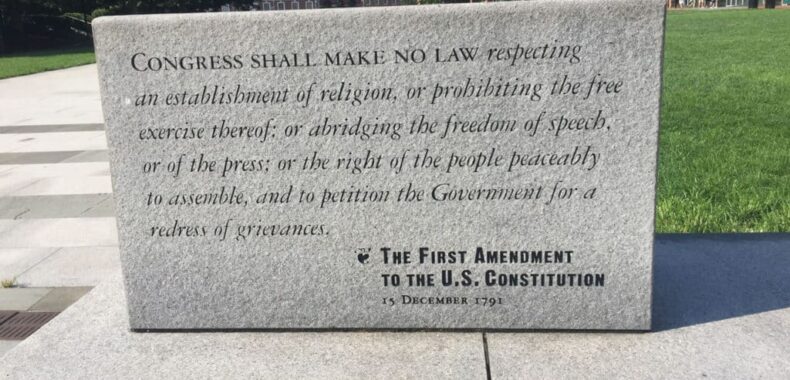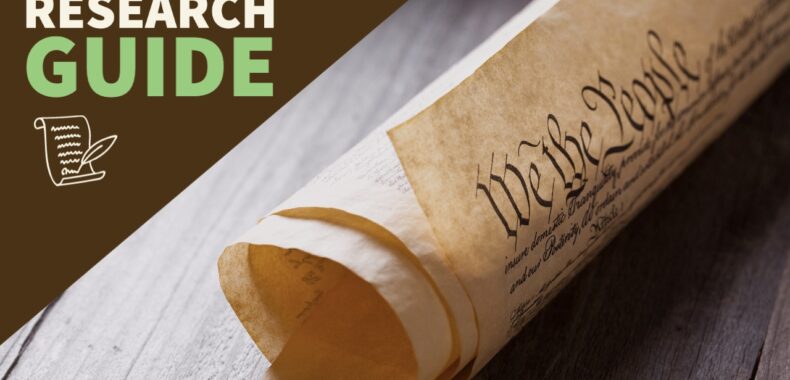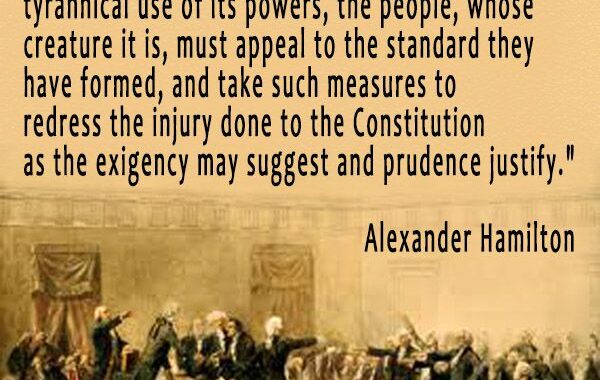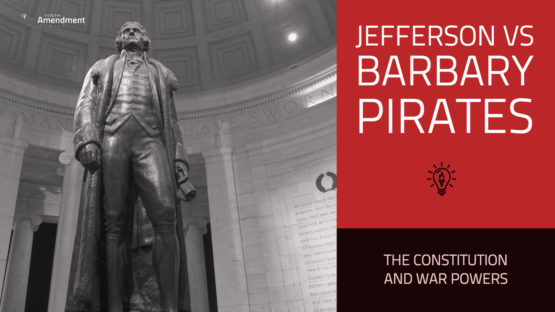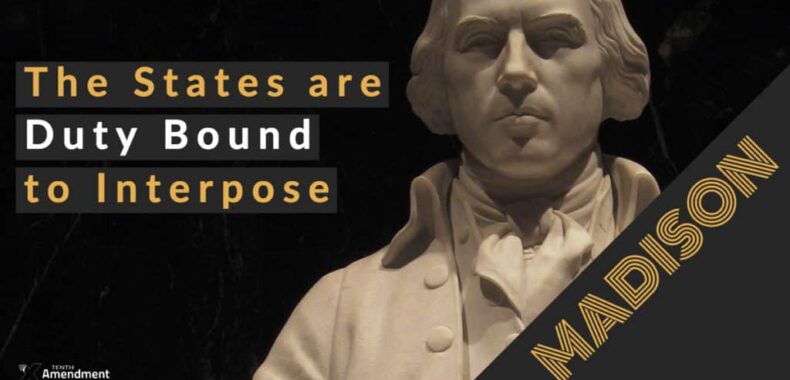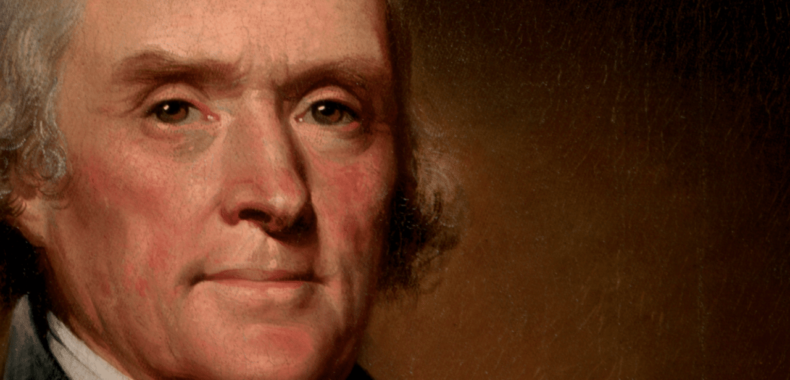The Constitution: A Fixed Point of Reference
By: Mike Maharrey Land surveying depends on fixed reference points. In the U.S., you will often find these points marked by cast metal disks embedded in rock, or placed on concrete ...
Read more.The Constitution: A Fixed Point of Reference
Land surveying depends on fixed reference points. In the U.S., you will often find these points marked by cast metal disks embedded in rock, or placed on concrete pillars or ...
Read more.The Nullification Movement is a Revolution in Thought
By: Mike Maharrey We are in the midst of a revolution. But it’s not a revolution in the sense most people think of. It’s not a war fought with guns and ...
Read more.The First Amendment’s Wall of Separation
By: Mike Maharrey In an 1802 letter to the Danbury Baptist Association, Thomas Jefferson wrote, “I contemplate with sovereign reverence that act of the whole American people which declared that their ...
Read more.Constitution Research Guide: How to Read an 18th Century Legal Document
By: Michael Boldin How do you get to the original, legal meaning of a word, phrase, article, clause or section of the Constitution? Following the advice of the founders – ...
Read more.Does the Creature Dictate to the Creator?
By Publius Huldah WHERE did the federal government come from? It was CREATED by the Constitution. WHO ratified the Constitution? WE THE PEOPLE, acting through special ratifying conventions called in ...
Read more.Thomas Jefferson vs the Barbary Pirates
By: Michael Boldin Many people who support unconstitutional executive war powers like to claim that Thomas Jefferson took the same approach in the early 1800s against the Barbary pirates. But, ...
Read more.Don’t Trust Government
By: Michael Boldin Don’t trust government. And don’t trust politicians. That can’t be repeated often enough. Unfortunately, it seems that most people trust politicians – depending on the issue or ...
Read more.A Christmas Gift from James Madison: The Virginia Resolutions of 1798
By: Mike Maharrey Resolutions drafted by James Madison and passed by Virginia on Dec 21. and 24, 1798, answer a timeless question: What do we do when the federal government ...
Read more.Today in History: Kentucky Resolutions Passed on Nov. 10, 1798
By: Mike Maharrey Would the proposed Constitution create the limited federal government promised? That was the central question facing the ratifying conventions as America considered adopting the new Constitution. Those ...
Read more.